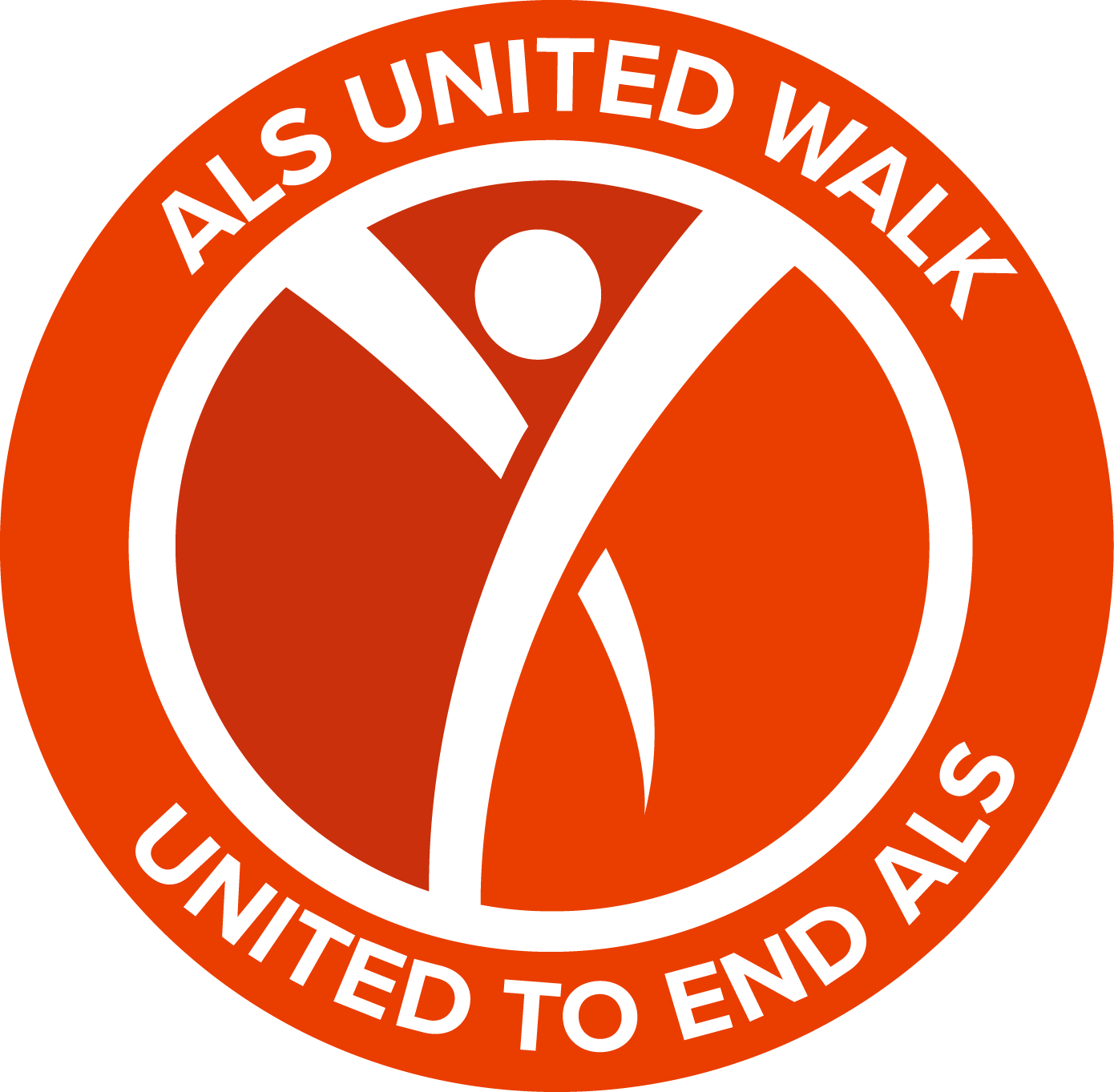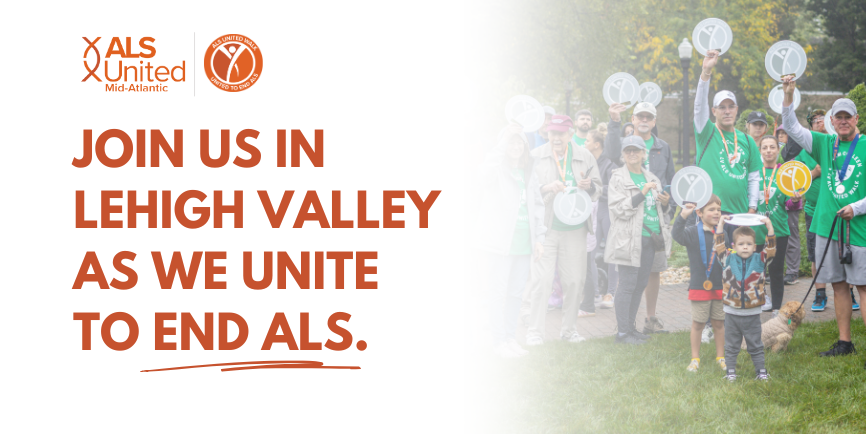ALS United Walk Leaderboard
Top Individual Fundraisers
1 -

 Richard Burkett ($350.00)
Richard Burkett ($350.00)
2 -
 Dawn Spence ($322.00)
Dawn Spence ($322.00)
3 -
 Paul Bartlett ($100.00)
Paul Bartlett ($100.00)
4 - Aimee Lafarr ($100.00)
Aimee Lafarr ($100.00)
5 - Sarah Johnson ($50.00)
Sarah Johnson ($50.00)
6 - Kimberly Stasa ($50.00)
Kimberly Stasa ($50.00)
7 - Heather Schmitt ($50.00)
8 - Jess Ashby ($0.00)
9 - Brayden Bargas ($0.00)
10 - Malachi Bargas ($0.00)
2 -
3 -
4 -
5 -
6 -
7 - Heather Schmitt ($50.00)
8 - Jess Ashby ($0.00)
9 - Brayden Bargas ($0.00)
10 - Malachi Bargas ($0.00)
Top Teams
1 -
 DONNA'S DUGOUT ($322.00)
DONNA'S DUGOUT ($322.00)
2 - Team Lenny's Light ($150.00)
Team Lenny's Light ($150.00)
3 - Samuel Adams PA Brewery ($100.00)
Samuel Adams PA Brewery ($100.00)
4 - A cappella Love Story ($50.00)
5 - Stasa's Purple People Eaters ($50.00)
2 -
3 -
4 - A cappella Love Story ($50.00)
5 - Stasa's Purple People Eaters ($50.00)

About the 2025 ALS United Walk
For over 40 years, ALS United Mid-Atlantic has worked tirelessly to ensure every person affected by ALS can access the support they need as we come together to find new treatments and a cure for ALS. Our support is made possible by the generosity of our donors, the dedication of our volunteers, and the contributions of our sponsors.
By signing up for the ALS United Walk, you are taking the first step toward ending ALS. Every participant and every dollar donated supports those in the local community facing ALS.
Join us by registering today for the ALS United Walk!
Register Event Details







